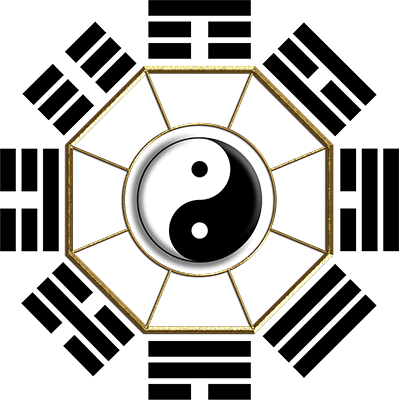

It would, therefore, be a helpful tool in a university course on Eastern or World religions and is highly recommended." -Stephanie L. "Smith's biography does what an introduction should do: encourage the reader to want to know more and provide a smooth over-arching conceptual framework, in economic fashion, through which one may understand the details. Such is a balancing act deftly executed, for which we should commend the author lavishly." -Don J. However, even in charitably demystifying it, Smith has simultaneously retained and even enhanced the compelling attraction of this ever-tantalizing essentialist work for the would-be initiated. "ever before in English has the substance of this vital text been explicated with such transparency, lucidity, and-on balance-objectivity.

It should prove to be a useful addition to any library (academic or not) and a valuable help in any high school or college courses that incorporate study of the Yijing in any classroom context." -Robert Steed, Education About Asia This 'biography' of the Yijing is an attractive and thorough resource. "One of the advantages to this book is Smith's prose not only is it clear and accessible, but he writes in a way that brings the material to life.
THE I CHING FULL
"His biography is, at every turn, full of scholarship." -Jon Sweeney, Tablet "Smith's book demonstrates that if the Book of Changes is anything, it is alive." -James Carter, Los Angeles Review of Books

A must read for anyone interested in fathoming 'the Way' (Tao/Dao) in ancient China." - Choice "Smith's book succeeds admirably in making the history and importance of this esoteric and enigmatic classic accessible and understandable to a wide audience. Smith offers an unparalleled biography of the most revered book in China’s entire cultural tradition, and he shows us how this enigmatic ancient classic has become a truly global phenomenon. Dick, Allen Ginsberg, Hermann Hesse, Bob Dylan, Jorge Luis Borges, and I. Smith also looks at how the I Ching came to be published in dozens of languages, providing insight and inspiration to millions worldwide-including ardent admirers in the West such as Leibniz, Carl Jung, Philip K. He shows how the indigenous beliefs and customs of Japan, Korea, Vietnam, and Tibet “domesticated” the text, and he reflects on whether this Chinese classic can be compared to religious books such as the Bible or the Qur’an. In this concise history, Smith traces the evolution of the I Ching in China and throughout the world, explaining its complex structure, its manifold uses in different cultures, and its enduring appeal. Here Richard Smith tells the extraordinary story of how this cryptic and once obscure book became one of the most widely read and extensively analyzed texts in all of world literature. Jesuit missionaries brought knowledge of the I Ching to Europe in the seventeenth century, and the American counterculture embraced it in the 1960s. In 136 BCE the emperor declared it a Confucian classic, and in the centuries that followed, this work had a profound influence on the philosophy, religion, art, literature, politics, science, technology, and medicine of various cultures throughout East Asia.

THE I CHING MANUAL
The I Ching originated in China as a divination manual more than three thousand years ago.


 0 kommentar(er)
0 kommentar(er)
